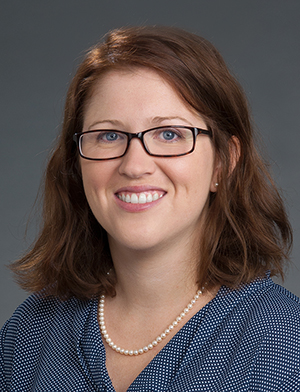
New research shows that the breast gland has a microbiome, and like the previously studied gut microbiome, it too can be affected by diet, according to scientists at Wake Forest School of Medicine.
“Being able to shift the breast microbiome through diet may offer a new approach to preventing breast cancer or at least reducing the risk,” said the study’s lead author, Katherine Cook, PhD, assistant professor of surgery – hypertension and cancer biology.
Published in the journal Cell Reports, the study utilized a well-established non-human primate model of women’s health to compare the effects of a Western diet to a Mediterranean diet on breast tissue. Female monkeys were fed a specially prepared diet that mimicked either a high-fat Western diet or a plant-based Mediterranean diet for two-and-a-half years, which is equivalent to about eight human years.
The group on the Mediterranean diet was found to have a distinctly different set of bacteria in their breast tissue than those on the Western diet. Consuming the Mediterranean diet led to about a 10-fold increase of mammary gland lactobacillus, a bacteria shown to decrease breast cancer tumor growth in preclinical models. The Mediterranean diet also resulted in more bile acid metabolites in the breast tissue, which may reduce breast cancer risk.
Read the full release.
Research Funding
Research reported on was supported by the following grant from the National Institutes of Health (NIH):
New Evidence Found for Role of Diet in Breast Health: Grant to Carol Shively from the National Heart, Lung and Blood Institute R01HL087103. Additional support: Chronic Disease Research Fund (KLC), American Cancer Society Research Scholar grant RSG-16-204-01-NEC (KLC), a Susan G. Komen Career Catalyst Research grant CCR18547795 (KLC) and the Prevent Cancer Foundation (KLC).
